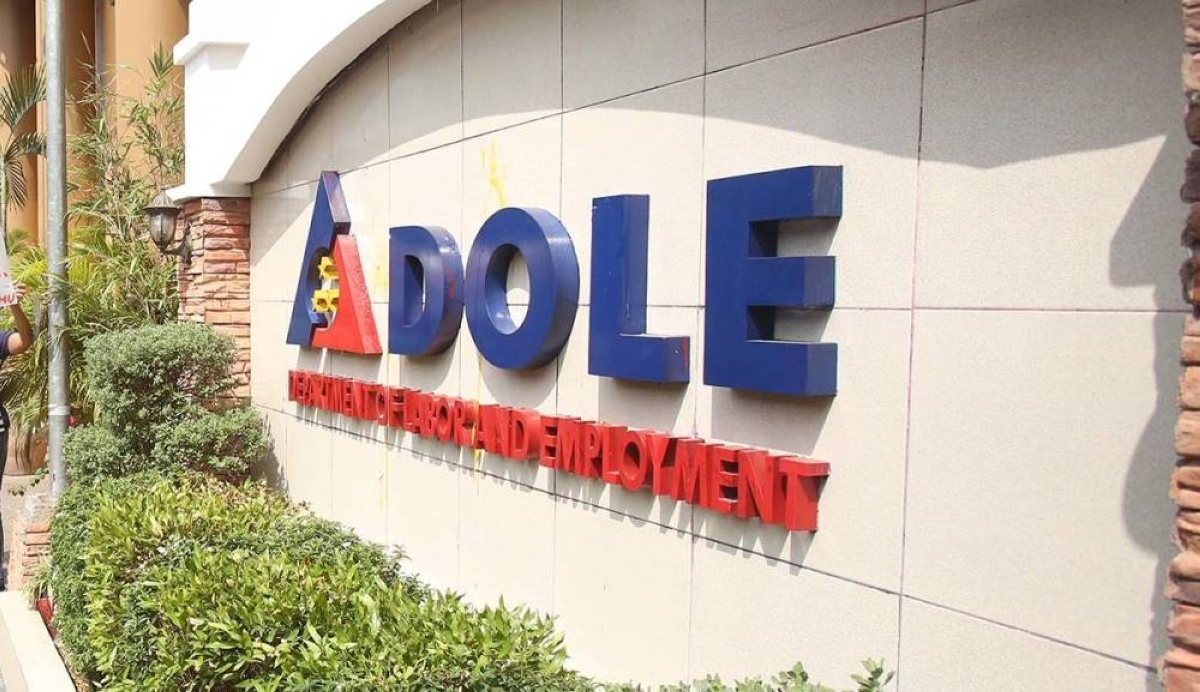The Labor Department has recently made significant revisions to the implementing rules and regulations (IRR) of Republic Act 11360, commonly known as the “Service Charge Law.” These revisions, outlined in Department Order (DO) 242, series of 2024, aim to create a more inclusive system by removing the direct employment clause and improving the distribution of services.
The revised IRR now ensures that all rank-and-file employees, including contractual, non-regular, and agency workers, are covered by the law. According to the new IRR, “covered employees refer to all employees, except managerial employees as defined herein, regardless of their position, designation, or employment status, and irrespective of the method by which their wages are paid.”
One crucial aspect of the revised IRR is the non-diminution of benefits provision. This means that the new rules on service charge distribution should not diminish the existing benefits of the covered employees. It guarantees that employees will not lose any of their current entitlements due to the implementation of the revised IRR.
Republic Act 11360 mandates that all service charges collected by establishments, such as hotels and restaurants, be distributed in full to all covered employees. However, managerial employees are excluded from receiving a share in the service charges. The distribution of service charges will be based on the number of hours or days of work or services rendered by the employees.
To ensure the protection of employees’ rights, the revised IRR grants both unionized and non-unionized workers the right to file grievances. Workers without a union can seek assistance from the Department of Labor and Employment (DoLE) in case of concerns or disputes regarding the distribution of service charges. This provision aims to provide a fair avenue for resolving conflicts and ensuring that employees receive their rightful share.
Furthermore, the updated IRR includes provisions for dispute resolution. It expands the dispute referral system to the regional, provincial, field, or satellite office level, granting jurisdiction over workplace-related disputes. The Single-Entry Approach, which allows for conciliation, is also permitted as a means of resolving conflicts.
In addition to these improvements, the revised IRR introduces a monitoring mechanism to ensure compliance. Section 8 of the IRR orders DoLE regional, provincial, field, and satellite offices to monitor private establishments’ compliance with the rules set forth in Department Order 239, series of 2023, also known as the “Rules of Administration and Enforcement of Labor Standards Pursuant to Article 128 of the Labor Code.” This monitoring system aims to hold establishments accountable for adhering to the law and distributing service charges appropriately.
The new IRR, DO 242, supersedes the previous IRR, DO 206, series of 2019. It will take effect 15 days after its publication in at least two newspapers of general circulation. These revisions signify a step forward in ensuring fair and equitable distribution of service charges among employees, regardless of their employment status.
In conclusion, the revised IRR of the Service Charge Law, outlined in DO 242, series of 2024, brings about positive changes to the distribution of service charges in establishments such as hotels and restaurants. By including all rank-and-file employees and guaranteeing non-diminution of benefits, the new IRR aims to create a fair and inclusive system. With provisions for dispute resolution and monitoring compliance, the Labor Department is taking proactive measures to protect the rights of workers and ensure that they receive their rightful share of service charges.







